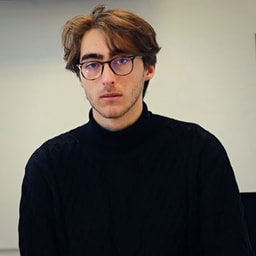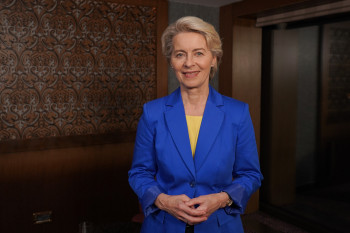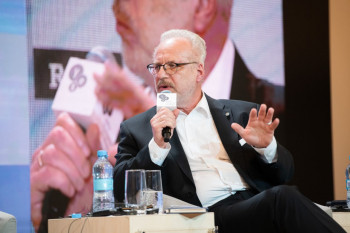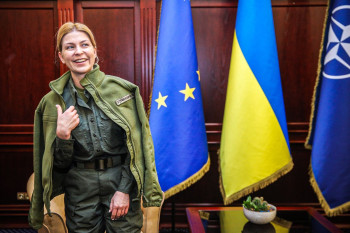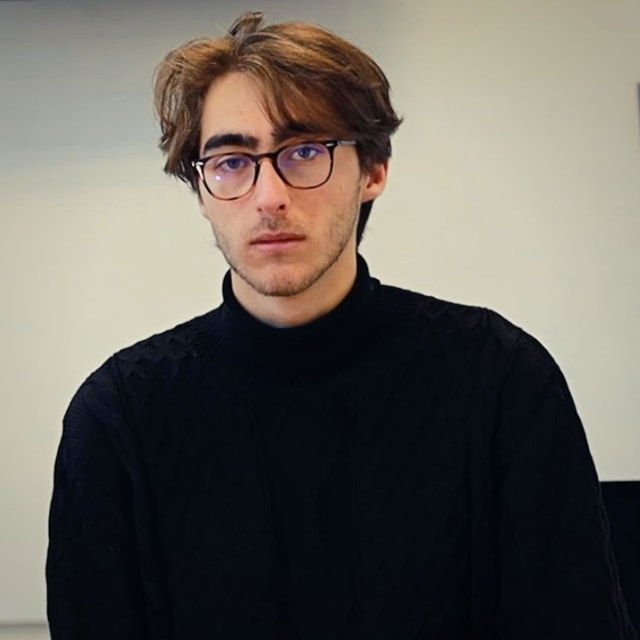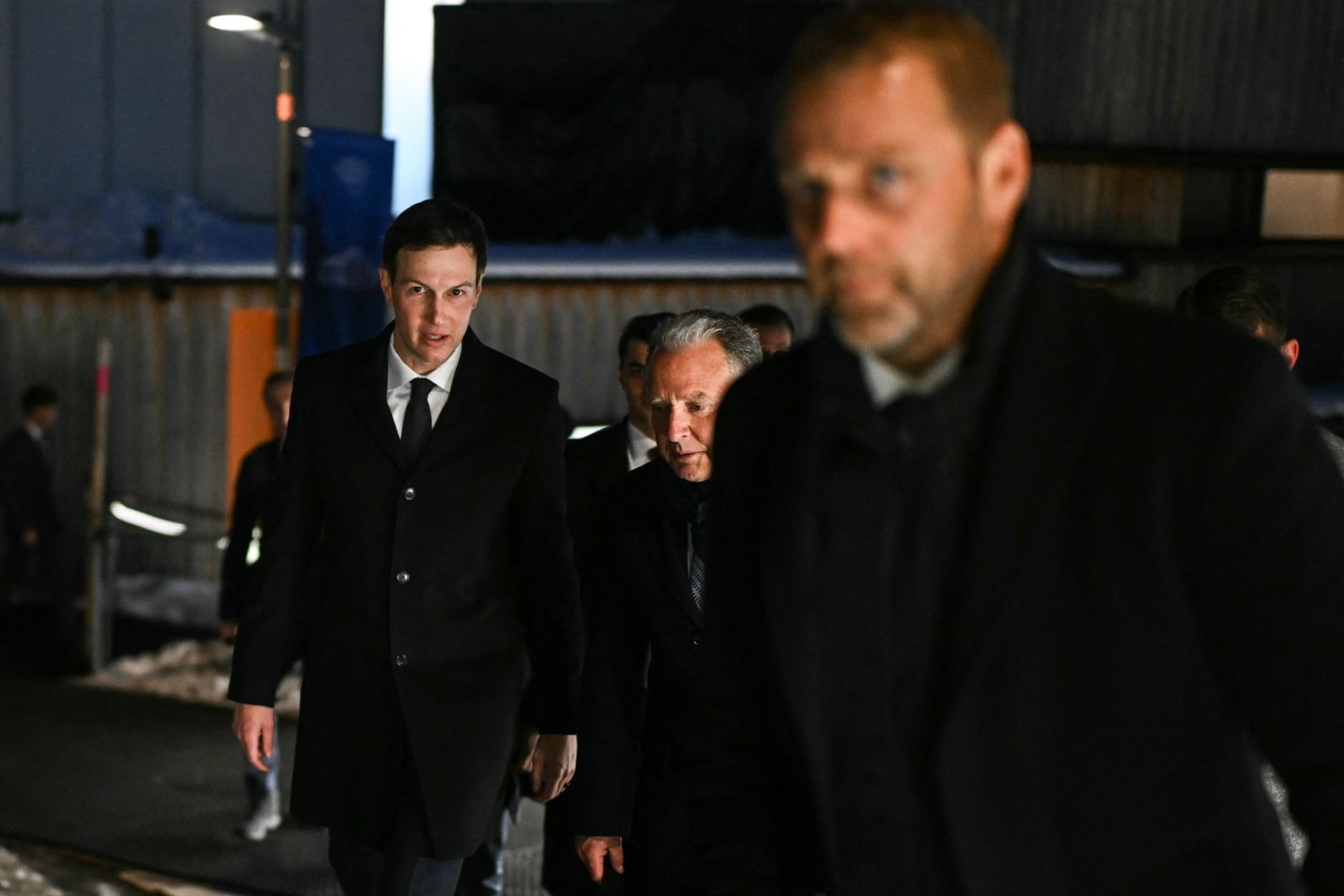Hollande: ‘There will only be a way out of the conflict when Russia fails on the ground’
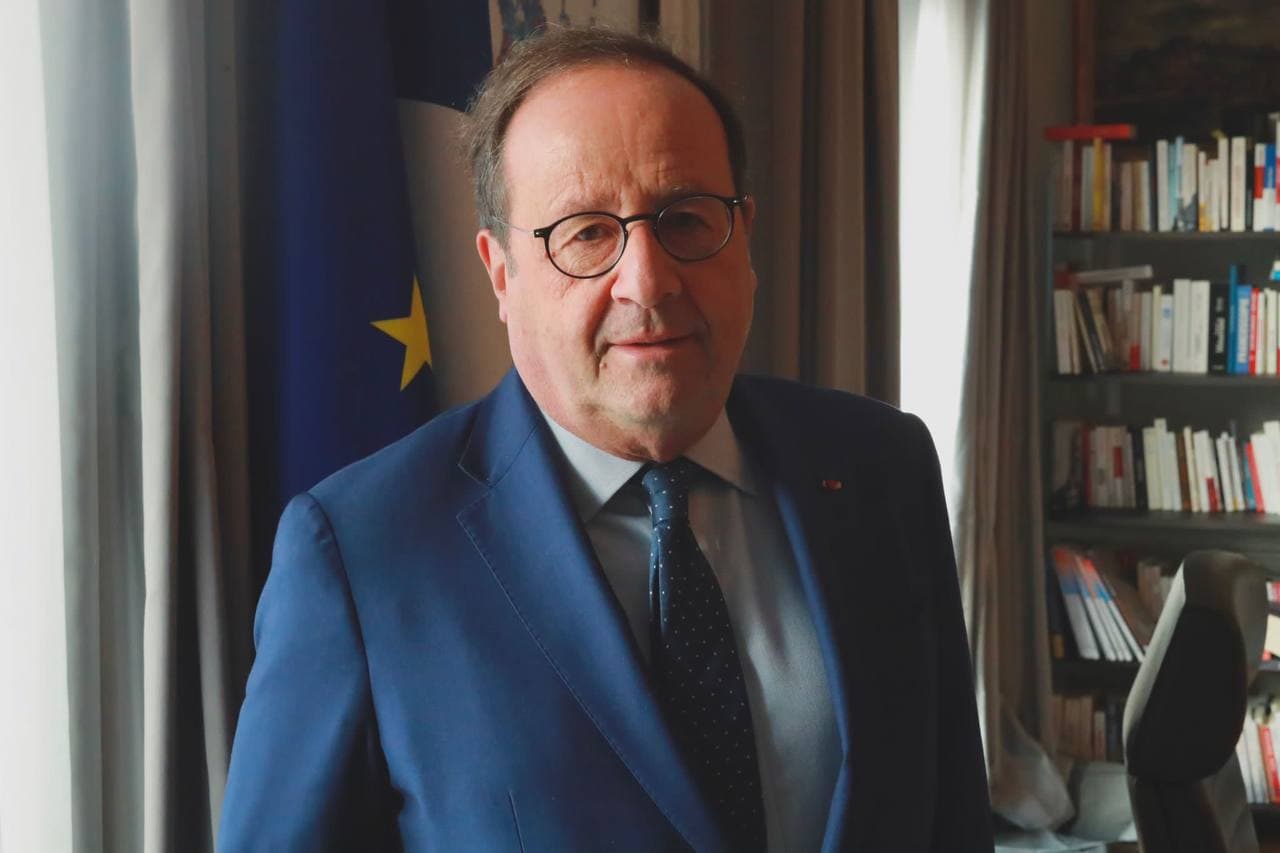
Former French President François Hollande didn’t have an easy time in office, having been struck by one domestic crisis after another during his 2012-2017 tenure.
Hollande also was in office when Russia first launched its war against Ukraine, now well in its eighth year.
In February 2014, Russian troops occupied Crimea and soon used Kremlin-controlled proxies to launch a military offensive in Ukraine's eastern Donbas region, staging it at first as a separatist movement.
Europe's two main players – France and Germany – took on the task of stopping Russia's aggression and making Russia's President Vladimir Putin seek peace.
Stopping Russia's advance in 2015, the West failed to punish Russia for its brutal military campaign, leading to Russia launching a full-scale invasion of Ukraine in 2022, which already killed tens of thousands people.
According to Hollande, his endeavor wasn't a failure.
The former French president partly attributes Ukraine's successful resilience in 2022 to his own diplomatic efforts in 2014-2015.
According to Hollande, the Normandy Format meetings, launched in June 2014 and included the leaders of France, Germany, Ukraine, and Russia, bought Ukraine time to prepare, while the subsequent Minsk Agreements tried to push Putin towards a diplomatic path.
Hollande's presidency ended in 2017, with his approval ratings tarnished and him not seeking reelection.
Five years later, Europe is embroiled in its deadliest conflict since World War II.
In an exclusive interview in Paris, Hollande talked about the start of Russia's war in 2014, the annexation of Crimea, and the West's failure to prevent a full-scale war in Europe.
The Kyiv Independent: As the former French president from 2012 to 2017, how do you see Russia's evolution during this period?
François Hollande: A break occurred with the return of Vladimir Putin to the Kremlin in 2012. He dreamt of a recreation of the Soviet Union. Putin adopted an aggressive posture and waited to see what the West's reaction would be.
He was provocative and aggressive. The main adversary was (now) named the United States.
The Kyiv Independent: With the outbreak of the war in Donbas in 2014, how did France and Germany try to get Russia to the negotiating table to end the conflict?
François Hollande: At the time, Vladimir Putin was in search of immediate benefits.
He was advancing (in Donbas) through the use of the pro-Russian separatists (Editor's Note: Hollande refers to Russian-controlled militants, using a term coined by Russian propaganda, “separatists,” throughout the conversation.) and not directly through his own army, even though there was clear evidence that Russians were in the Donbas and that Russian weapons were being distributed to the separatists.
However, the fear of international isolation meant that Putin was not looking for a definitive solution to the war but rather to secure what he had already obtained by force.
We, therefore, led him to accept the Normandy Format and then went to Minsk for negotiations.
(Editor's Note: On Feb. 11, 2015, Hollande, Merkel, Putin, and President Petro Poroshenko held 16-hour talks in Minsk in an attempt to stop renewed Russian advances in Donetsk Oblast)
Thus, that night, Putin's objective was to postpone the ceasefire as late as possible to obtain the greatest possible territorial gains. He also wanted more "autonomy" for the (so-called) Russian-speaking regions, which in his mind, he could one day prepare for annexation.
The Kyiv Independent: In an interview with the German newspaper Die Zeit, Angela Merkel said about the Minsk protocols that 'It was obvious that the conflict was going to be frozen, that the problem was not solved, but it just gave Ukraine precious time.'
Do you also believe that the negotiations in Minsk were intended to delay Russian advances in Ukraine?
François Hollande: Yes, Angela Merkel is right on this point.
The Minsk agreements stopped the Russian offensive for a while. What was very important was to know how the West would use this respite to prevent any further Russian attempts.
But what has happened since?
We have already seen the American withdrawal from the international scene in Syria with the "laissez-faire" (free pass) given to Putin regarding the support he gave Syrian dictator Bashar Al-Assad.
(U.S. President Donald) Trump's presidency has loosened the ties between the Europeans and the United States within an Atlantic alliance he considered obsolete.
Finally, the rout in Afghanistan was seen by Putin as a new sign of weakness in the Western camp.
As for Europe, it failed to see how its dependence on Russian gas made it vulnerable.
So Putin thought that time had worked in his favor and that he could cross the threshold by further invading Ukraine. Hence the aggression he committed.
This is where he was wrong.
Since 2014, Ukraine has strengthened its military posture. Indeed, the Ukrainian army was completely different from that of 2014. It was better trained and equipped. It is the merit of the Minsk agreements to have given the Ukrainian army this opportunity.
In addition, Europe did not divide and immediately supported Ukraine, and the United States provided considerable aid.
Thus, the time that Putin thought was an asset for him turned out to be, in fact, an opportunity for the Ukrainians.
The best example of this is clearly seen on the battlefield. His army is much less impressive than he had imagined, and the Ukrainian resistance much more resounding than he had estimated.
The Kyiv Independent: Did you have the impression that Vladimir Putin would respect the Minsk agreements?
François Hollande: We couldn't know that.
However, Putin had accepted the Normandy Format, which required him to report regularly on the progress that could be made in implementing the Minsk agreements.
Every month, Petro Poroshenko, Angela Merkel, Vladimir Putin, and I had long telephone conversations in which we exchanged information on the progress of the Minsk protocols.
Even if we saw that there was an obvious unwillingness, there was still a dialogue.
From 2017-2018 onwards, this Normandy format was on its last leg.
Because on the one hand, the Ukrainian side saw the Russian threats become clearer (and Moscow didn't want peace); on the other hand, Vladimir Putin began to be tired of this arrangement as it prevented him from advancing in his desired total conquest of the Donbas.
Putin's objective in 2015 was to push back the front line as far as possible.
Mariupol was already in his sights. The Minsk agreements and the resulting ceasefire didn't allow the area controlled by separatists to expand. This is one of its merits.
The Kyiv Independent: For many, the Western bloc had too weak a response to the annexation of Crimea in 2014. Could stronger sanctions at the time have prevented the Russian regime from launching the war we are currently experiencing?
François Hollande: We will never know.
Nevertheless, one thing is certain, the sanctions were not at the level required for the gravity of the violation of international law.
And I can explain this for several reasons.
The first is that the United States (under President Barack Obama) had not prioritized the Ukrainian issue.
Second, there were serious divisions within the European Union itself over the extent of the sanctions. Some countries did not want them, fearing that they would have adverse consequences for their own economies.
Other leaders, including myself, wanted the sanctions to be maximal.
Not to mention the ambiguity of Germany, which did not want to question the Nord Stream 2 gas pipeline (commissioned in 2015), even though I had canceled the sale of Mistrals (amphibious assault ships) to Russia.
It is true that Mistrals were weapons and that gas was a commodity. But we can see that today, gas has been used as a weapon by Putin.
The Kyiv Independent: By repeating that we should not 'humiliate' Russia, French President Emmanuel Macron has caused strong reactions from Ukrainian leaders.
What do you think of the position of Emmanuel Macron and his continued dialogue with Russia?
François Hollande: For a dialogue to be fruitful, it must be based on a balance of power.
I can speak from experience.
Dialogue for the sake of dialogue has no meaning and can even have negative consequences by suggesting that responsibilities are shared and by offering a convenient communication framework for Putin.
Therefore, dialogue (now) can only serve to translate a military situation into a political framework.
There will only be a way out of the conflict when, on the ground, Russia will have noted the failure of its murderous enterprise.
The Kyiv Independent: How do you think this war may end?
François Hollande: Negotiations are always the last step to conclude a conflict.
They should not result in a simple ceasefire but offer a lasting and guaranteed solution for Ukraine.
This is why the Minsk agreements can be resurrected to establish a legal framework already accepted by all parties.
Volodymyr Zelensky's unifying role also plays an important factor.
His ability to appeal to the whole world and mobilize the Ukrainian nation will be central to the outcome of the war and the respect of Ukraine's territorial integrity, without forgetting the question of Crimea, which, at one time or another, will return to be part of the negotiations.
